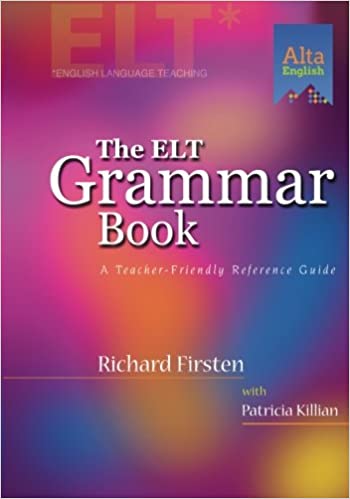This week’s TOEFL Tuesday video is about a pretty advanced grammar topic. If you don’t know what “inversions” are, don’t worry—I’ll explain it. But first, for context, remember that the TOEFL is made of both conversational and academic English. Sometimes you listen to lectures or read passages from textbooks. At other points, you listen to students in conversation, using less formal English. The inversions I talk about below are mostly from the academic material, because they are a bit formal.
That said, the best way to introduce inversions is with a structure that’s really not formal at all. Let’s look at a simple question:
Did you go to the store?
Notice the word “did” before the subject, “you.” That’s interesting, because in a normal English sentence, the verb and all of its helping (auxiliary) verbs come after the subject, as in this normal statement:
You didn’t go to the store.
When we put the helping verb before the subject, that’s an inversion. Questions are the most common inversions. We also invert in the common, conversational phrases “So do I” and “Neither do I.”
But as I promised, let’s look at some more advanced, academic inversions.
Hypotheticals with inversions
When we talk about hypothetical situations, we normally use the word “if” and a past tense, plus a “would” phrase. For example, you could say “If I had more time, I’d study Mandarin,” or “If I hadn’t gone to college, I wouldn’t have met Jeremy.” (If you like naming grammar structures, these are the 2nd and 3rd conditionals.)
Those structures tell us the sentence is about an imaginary situation. It’s not real. In those examples, the truth is that I don’t have time, and that I did go to college.
But if we want to sound more formal, we remove the “if” and invert to get the same meaning. We can say “Had I not gone to college…” instead of “If I hadn’t gone to college….” This is most common with the third conditional, about an imaginary past. Inverting the second conditional, as in “had I more time…,” is possible but sounds old and overly formal. We almost never do that in modern English
So for the TOEFL, it’s more important to learn that third conditional inversion: “Had [subject] [main verb],…”
Negative adverbials
Sometimes, a sentence starts with an adverbial phrase—a modifier for the main verb of the sentence. For example, I could say “During the fall, brown bears hunt salmon.” In that sentence, “during the winter” is an adverbial phrase that modifies “sleep.” It explains more about the sleep—specifically, when they sleep.
If we use the word “only” in an adverbial phrase, it becomes negative. “Only during the fall…” has a negative feeling, because it implies that in the other months, brown bears DON’T hunt salmon. But it also makes an inversion happen. In that sentence, the helping verb “do” would move before the subject “brown bears:”
Only during the fall do brown bears hunt salmon.
There are many negative adverbial phrases you can make with the word only, and inversions are generally possible or standard. Here are more examples:
Not only was it raining, it was cold.
Only rarely do sharks prey on humans
But notice that the “only” phrase in that example above is modifying the verb prey. That’s very different from “only” as an adjective. In the sentence “only sharks are dangerous here,” for example, there is no inversion because “only” modifies the noun “sharks.” It is an adjective, not an adverb.
Other Inversions
There actually are several other reasons that inversions happen, but the two types above are the most important in normal, advanced English. Many other reasons are too old-fashioned to be useful, and some (like the question form) are so common that you probably already know them well!
So if you understand the negative-adverbial inversions and the hypothetical inversions above, you know the big stuff!






Leave a Reply